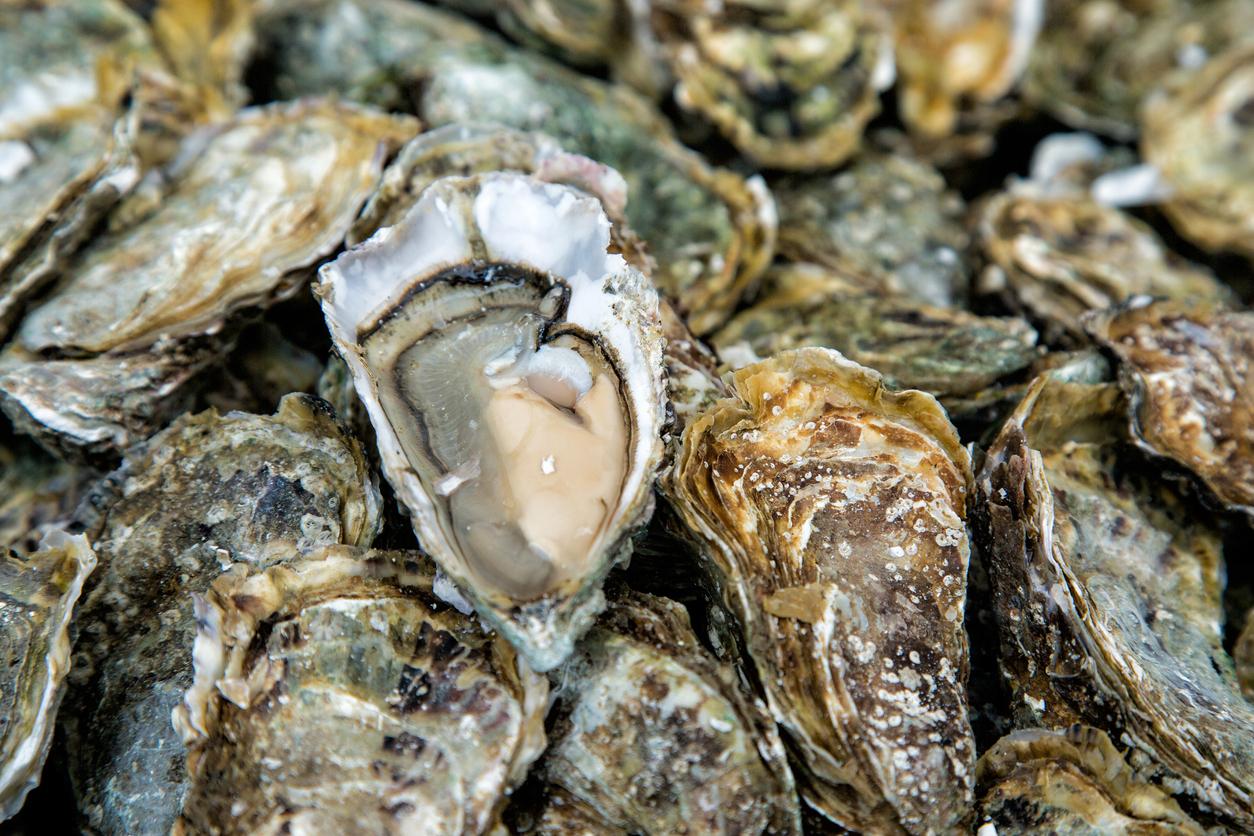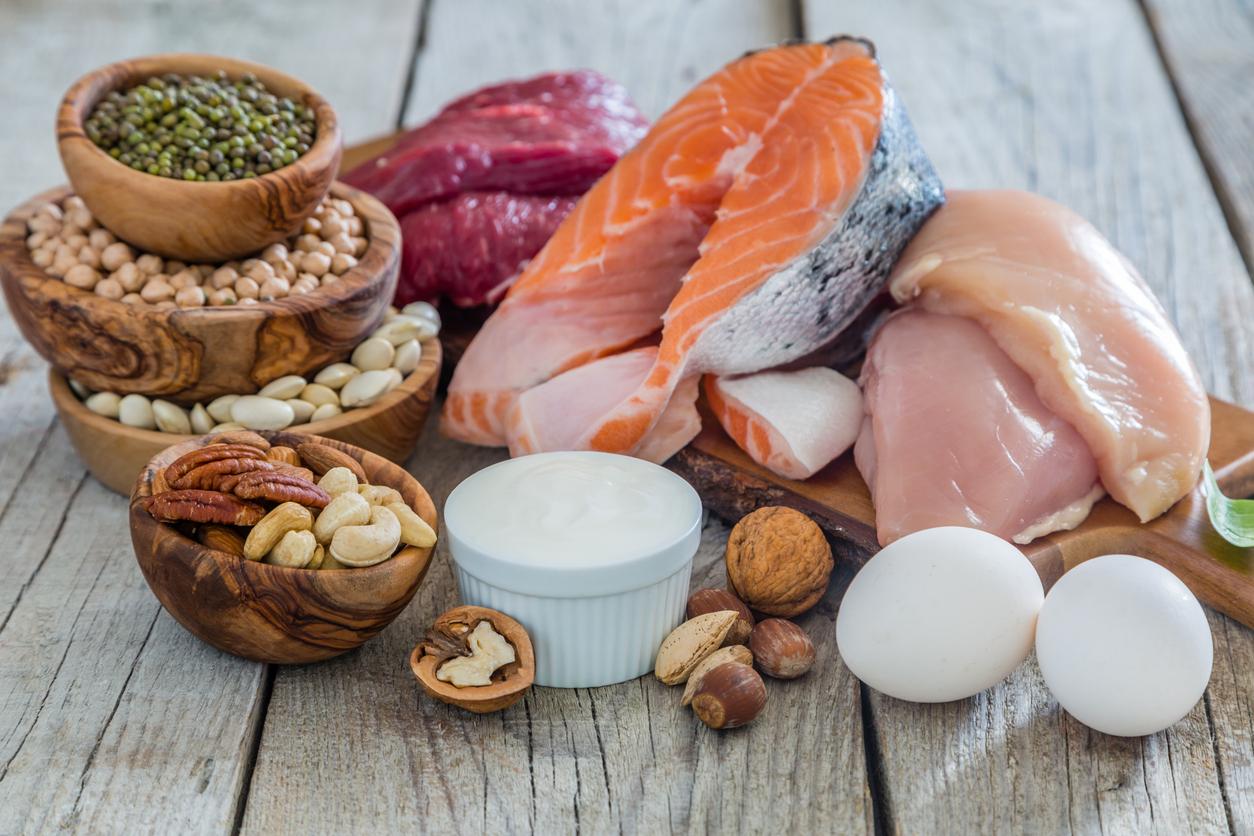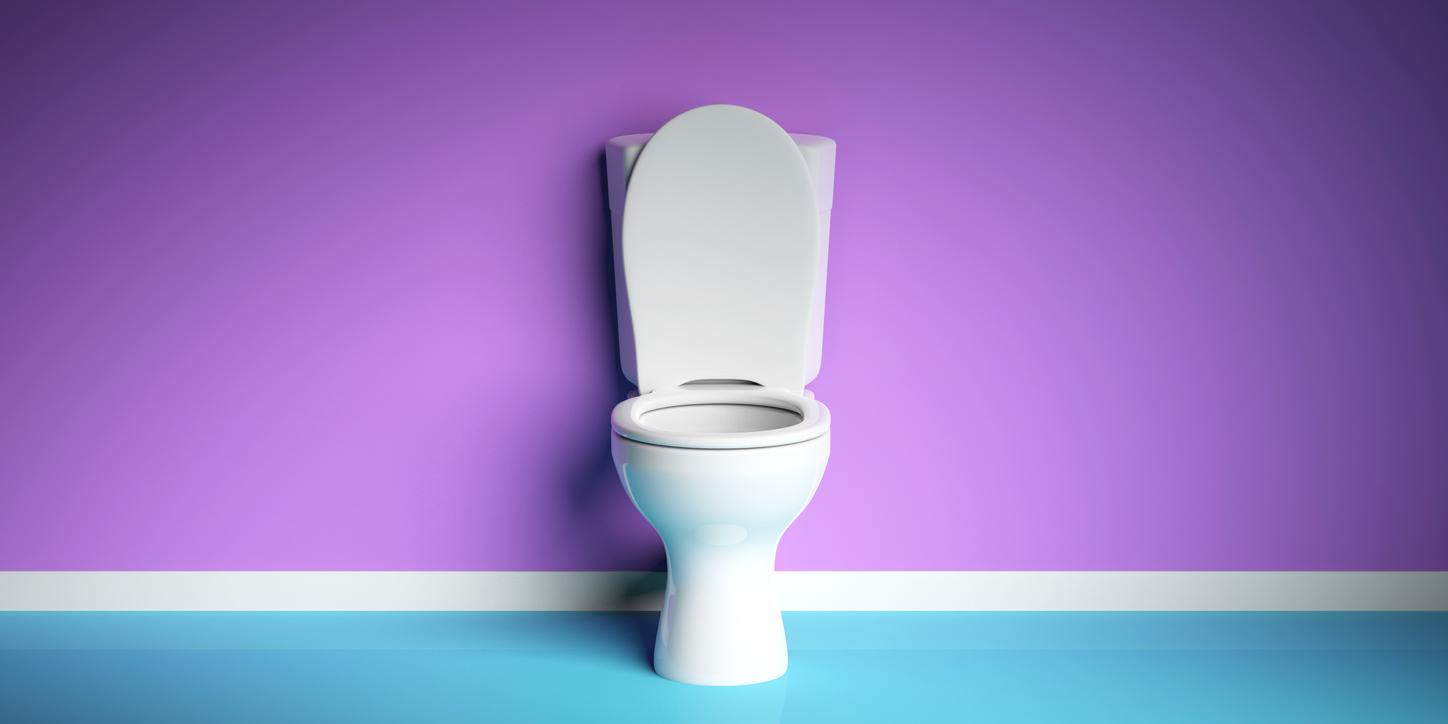New research highlights the essential role of protein and dietary fiber in effective weight loss, in addition to calorie restriction.

- Dieters who consumed the greatest amounts of protein (at least 80 grams per day) and fiber (at least 20 grams) within the maximum 1,500 daily calories allowed were those who lost the most weight.
- In detail, the adherents of such a diet (41% of the participants) lost 12.9% of their initial body weight, compared to just over 2% for the others. Overall, the participants reduced their fat mass from an average of 42.6 kilograms at the start of the program to 35.7 kg after 15 months.
- “This research strongly suggests that increasing protein and fiber intake, while reducing calories, is necessary to optimize the effectiveness of weight loss diets,” a statement said.
Lots of protein and fiber, no more than 1,500 calories per day, but flexible and personalized: these would be the pillars of the ideal diet for losing weight in the long term, confirms a study recently published in the journal Obesity Science and Practice.
To reach this conclusion, nutrition researchers at the University of Illinois in the United States launched a “self-directed dietetic education program”called iDip, aimed at people wanting to lose weight. The aim was to increase their knowledge of key nutrients in food, so that they could create their own “a personalized, safe and effective weight loss plan” depending on their eating habits.
Protein and fiber to reduce fat mass
A total of 22 people, ages 30 to 64, who reported following the customizable program for 25 months. All had made at least two previous attempts to lose weight. After more than two years of observation, the researchers found that those who consumed the greatest amounts of protein (at least 80 grams per day) and fiber (at least 20 grams) within the maximum daily allowed 1,500 calories were the ones who lost the most weight.
In detail, the adherents of such a diet (41% of the participants) lost 12.9% of their initial body weight, compared to just over 2% for the others. Overall, the participants reduced their fat mass from an average of 42.6 kilograms at the start of the program to 35.7 kg after 15 months. “This research strongly suggests that increasing protein and fiber intake, while reducing calories, is necessary to optimize the effectiveness of weight loss diets.”summarizes a press release.

Sustainable dietary change varies from person to person
Of the 22 participants, 54% had high cholesterol, 50% had musculoskeletal disorders, and 36% had high blood pressure and/or sleep apnea – among other diagnoses of diabetes, cancer, and depression. However, the team found that weight loss did not differ significantly among participants with other comorbidities (except for those with depression, who lost less weight than others), nor between younger and older participants or between men and women.
The results also show that “Flexibility and customization are key to creating programs that maximize the success of dieters in losing and maintaining weight,” scientists point out, recalling that “sustainable food change […] varies from person to person”. Now, the iDip approach allows for experimenting with various dietary programs, and the knowledge and skills that people develop during the diet. “serve as a basis for sustainable weight maintenance.”















